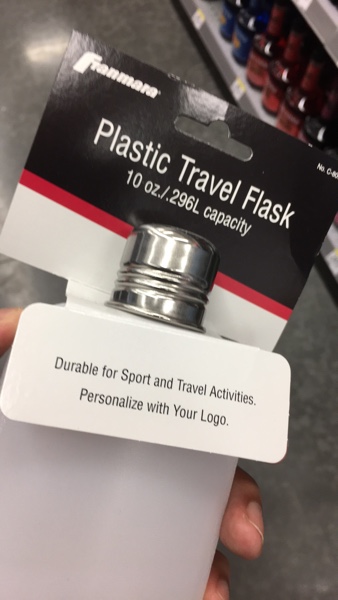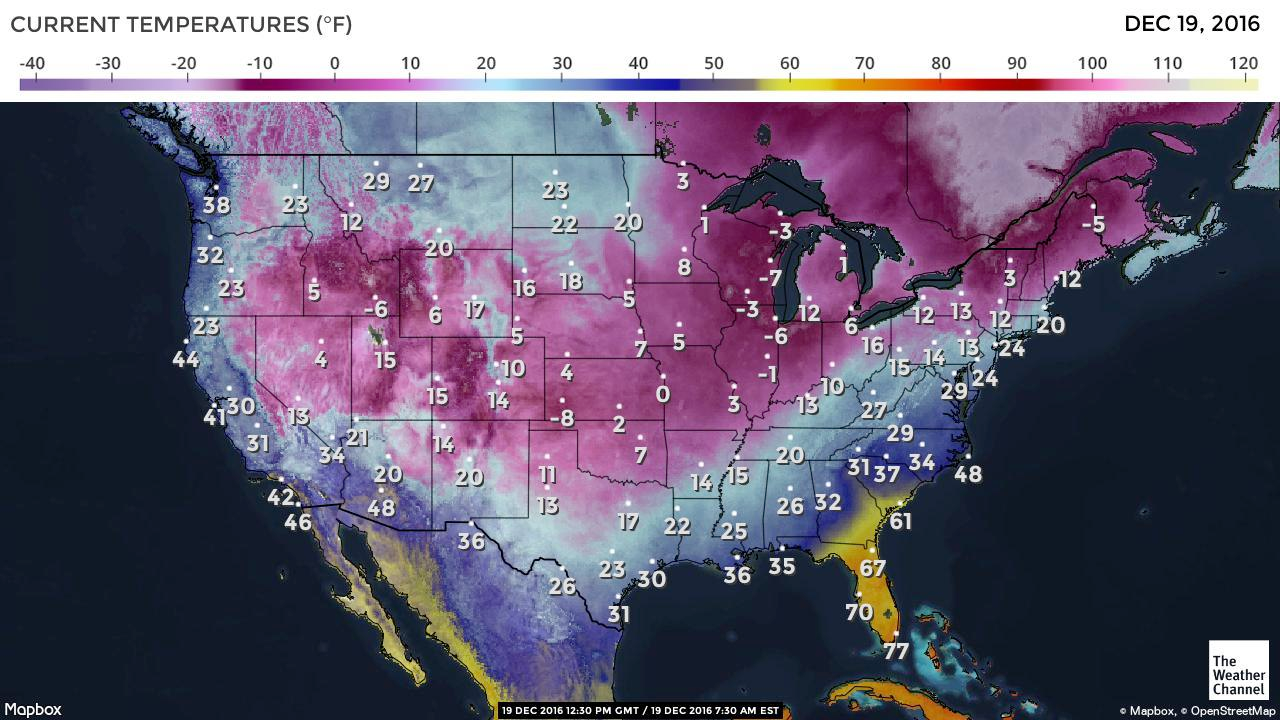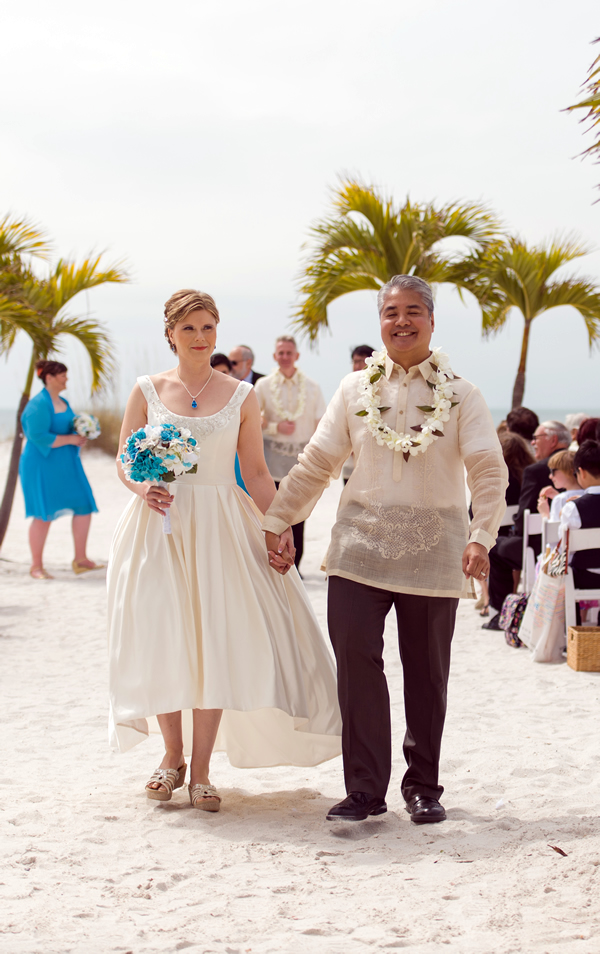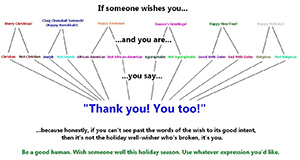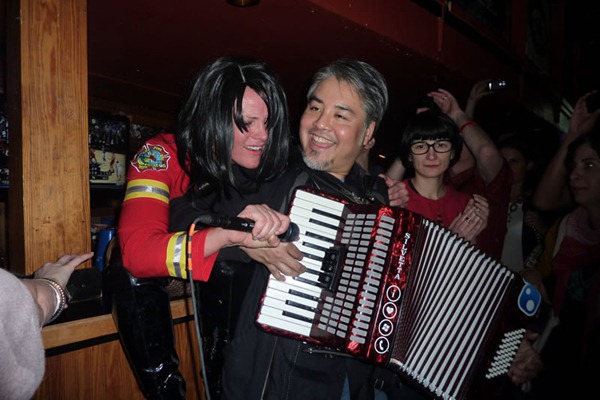
Sometimes at South by Southwest an opportunity presents itself, and the next thing you know, you’re no longer part of the audience, but part of the act. Click the photo for the story.
It turns out that there just may be a formula for adventure — for the kind of experiences that you’ll remember fondly, recount to your friends as they listen with rapt attention and just a little envy, and make you say “I’m really glad that happened”. Behaviorial scientist, big nerd, and party-going bon vivant Jon Levy seems to have come up with the formula for adventure, and luckily for us, he’s written a book about it titled The 2 a.m. Principle.
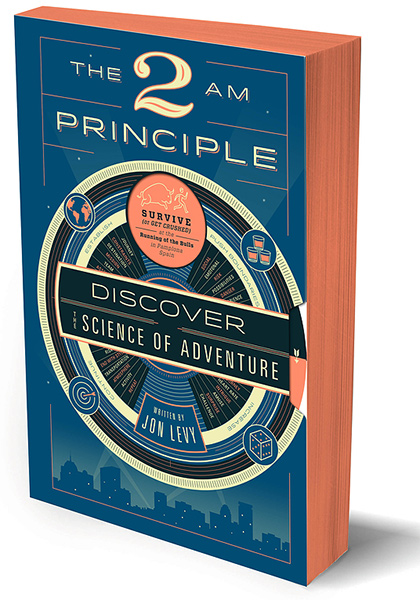
The book takes its name from the common adage “Nothing good ever happens after 2 a.m.”, that long-repeated scold of people who often end up leading lives of quiet desperation. I’ve always countered this false wisdom with a paraphrase of the Drinker’s Anthem: “It’s always 2 a.m. somewhere.”
Writer Shane Snow decided to find out more about Levy’s book and ideas, and wrote about a night out where Levy gave him a guided tour of that formula in an article titled The Science of the Perfect Night Out. Snow was given a couple of instructions in order to prepare for their epic evening: carry a phone charger, get a full night’s sleep, and “Oh, and bring your passport.” Their mission: to “experience New York City in a way no one had before.”
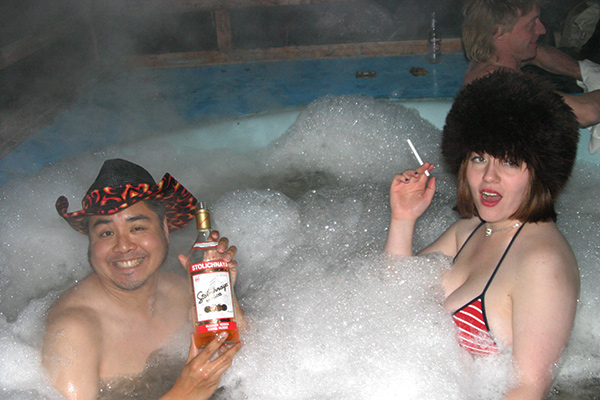
I knew that befriending the random guy outside the concert with a hot tub mounted atop an army truck would pay off in spades. I really need to re-post the photo album from that night.
Levy has travelled the world and gone to the biggest bacchanals: Mardi Gras in New Orleans, Carnaval in Rio, Chinese New Year in China. While recovering from being hoofed at Pamplona’s running of the bulls, he had plenty of time to think about his experiences and noticed a pattern. No matter the cultures involved or the country it happened in, experiences that were the most when they met these three criteria:
- The experience must be remarkable, and worth talking about.
- There was adversity or perceived risk.
- It should be at least a little bit life-changing, causing you to grow, see things differently, or simply make you a different person as a result.
Note that there’s a difference between just going out and having some good ol’-fashioned fun and adventure. To borrow a paragraph the article:
You can have a good time doing the same thing every night—drinking with your friends, playing video games, watching Game of Thrones. But the kind of fun that brought about growth, that was an adventure. And adventures, he posited, change our lives.
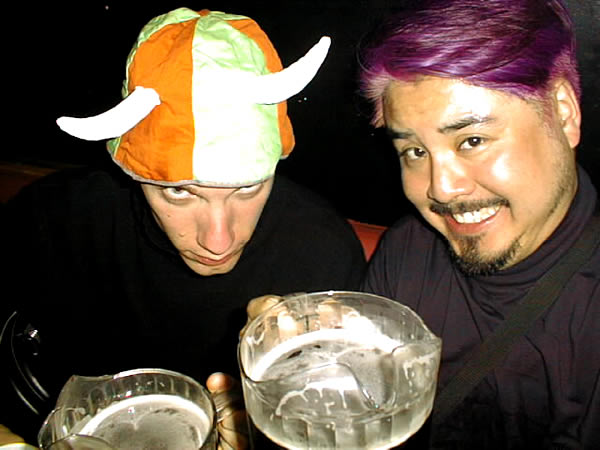
The story behind why I often take the accordion with me. On May 1, 1999, we took our accordions on the street for the first time, met interesting people, and ended up onstage at Toronto’s most notorious goth club that evening, and rewarded with screaming fans and all the beer we could drink. Click the photo to read that story.
I think he’s onto something here. Try to think of the best times you’ve ever had; outings you’ve had that stand out in your mind, the ones that you always tell stories about, to the point that your friends are tired of hearing them. Weren’t those formative times, times that changed you and made you who you are today?

There are even some misadventures that I look back upon with great fondness. Cases in point: this installment of Worst Date Ever (a scene from which is pictured above), and its even more ridiculous sequel.
In addition to coming up with the criteria for an adventure, Levy has a list of the key components that turn a regular night out into one that’s special:
- Team. “The most important by far, is the people you surround yourself with. The right group can make a terrible party awesome, but the wrong group will make the greatest experience absolutely miserable.”
- Movement. “Your brain operates differently when you change location…a new location actually causes you to explore and experience.”
- Mission. “This drives group behavior, causes outsiders to want to join, and helps you get out of your comfort zone.”
- Constraints. “What we know from the brain is we get the most enjoyment from activities just outside of our skill zone. Like a video game that is fun because it is almost too hard. You don’t have to do the crazy stuff if it’s not you. But it is about getting outside of your comfort zone.”
Surprisingly, he fails to mention accordions. Maybe that falls under “team”.

When you’re invited to join a bachelorette party in their limo as they roam around San Francisco, there is only one answer: yes. Click the photo to read the story.
Levy’s own story isn’t all that different from mine: like me, he was high school nerd who found his groove in university, and even more so in adulthood. Here’s what he had to say about his journey:
As a kid, I had no idea that it would actually get better, that I had the ability to grow into a completely different human being. It took me so long to even be socially functionable. But then in college, I made some friends who were really socially connected. At first, I remember going out and doing things that I felt were embarrassing, like saying the wrong thing to a bouncer at a club. But eventually you realize that people are far too self-centered to really care. Nobody gives a crap. You have to be in high school, and competing to be queen bee to make a big deal out of these things. To this day, because I’m constantly pushing the boundaries, I have this underlying fear that I’ve done something wrong. And I may have, but the fact is that most of the time I haven’t.
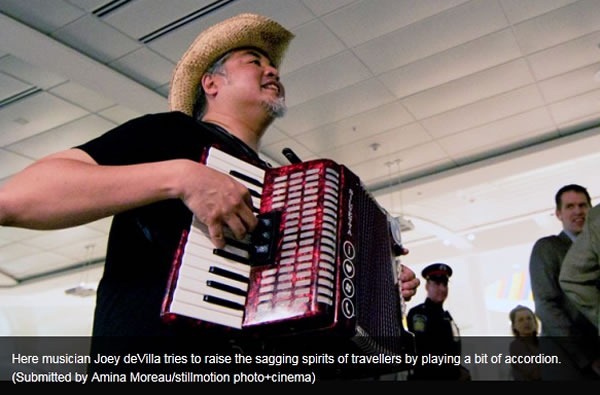
When you’re stuck for hours in an airport line, the crowd is getting angry, and a security guard point to your accordion and asks you “Can you play that thing?”, there is only one answer: yes. Click the photo to read the story.
Here’s his answer to the question “Do you set out to have an adventure or just let it happen?”, and it’s important to make note of it:
I just call it going out. I don’t put the pressure on myself like, ‘Oh my god, tonight has to be the most epic thing in the world.’ Frankly, I’m so veteran at this point that if I wanted to put in the effort right now and I had five hours of your time, we would do the craziest thing you’ve ever done, but it takes a lot of energy and resources. Adventure isn’t something you can master because it’s not like there’s a quantifiable test, but you can be masterful at it and I feel like I’ve achieved that. The real joy, though, is in sharing it with others. I love being able to say there was this experience that nobody even thought to have, and I brought people together and helped them have it, kind of like an artist on a canvas. Though I also fail all the time.
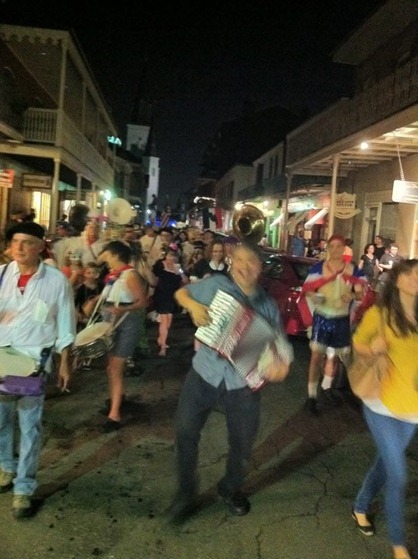
When you’re invited to lead a Bastille Day musical parade in New Orleans, there is there is only one answer: yes.
Here’s his answer to an interesting question: “How do you tell the difference between a worthwhile adventure and a risk you should avoid?”:
I’m not saying there isn’t a difference between perceived risk and peril. There are certain things that are absolutely dangerous. Climbing Everest—dangerous. But skydiving? Very safe. Hitchhiking in a foreign country, where your cell phone doesn’t work, I wouldn’t encourage it. You have to asses your personal limits and risks, and you have to accept the consequences. I talk about this in the book, but at one point I went to Nice, in France, and I dropped myself off with no place to sleep; didn’t know anybody, and I had to accept ahead of time that I could have been sleeping on the street. The chances of that were probably a coin toss. [He ended up staying in a chateau with a few guys he met at a bar who, he later discovered, were all scions of prominent British families]. And yes, as a woman it’s different, as a minority it’s different. I’m not going to lie and pretend that being a guy who looks white and who is male doesn’t have its advantages. But that doesn’t mean that your life needs to be any less or more exciting, it really depends on what type of adventures you choose to go on. You have to just use your judgment, and a good time to do that is not after six drinks. That’s why sometimes it’s good to put somebody else in charge of your decision making. But overall, the world’s a much safer place than we think. You can either buy into the fear, or you can experience life.

Another misadventure that I remember fondly: Consolation Fries. Click the photo to read the story.
What can get lost in the quest for adventure is the point of it all: growth and change. There’s nothing wrong with evenings out that are just plain fun; it’s just that the truly memorable ones are those that present some challenge, push you a little bit past the familiar, and make you better for the experience. That’s probably why there are some misadventures among my favorite formative experiences; I’d even say that I learned more from them than I did from adventures that were complete successes.
If you’d like to find out more Jon Levy, The 2 a.m. Principle and the science of adventure, check out these interviews:
Also worth checking out:
Thanks to my lovely wife and favorite adventure buddy, Anitra, for the find!
